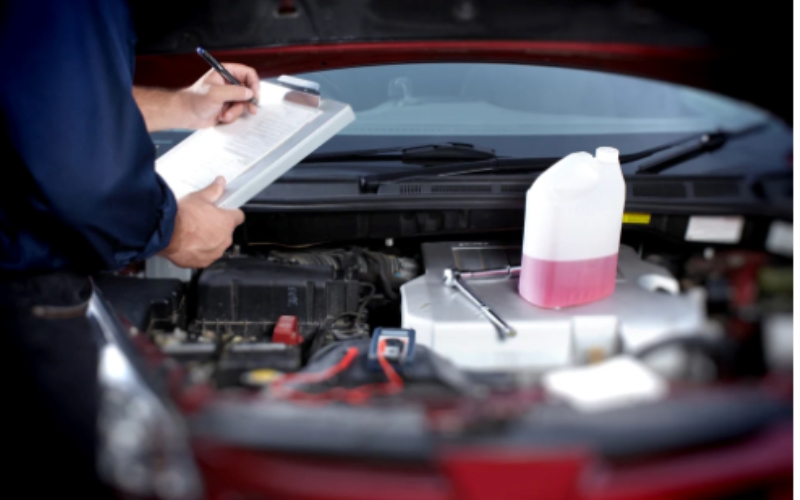Introduction to Car Maintenance Myths
Automotive wisdom and routines from yesteryears influence how many approach car maintenance today. Despite the remarkable advances in automotive design and technology, some outdated practices persist, often leading to wasted resources and misguided efforts to care for vehicles. Indeed, understanding what your car requires can substantially improve its longevity and performance. Carefully navigating the myriad of advice available, drivers must pinpoint where tradition meets contemporary automotive care’s evolving standards. One prevailing question, for example, pertains to oil changes—while grandpa may have religiously serviced his car every 3,000 miles, today’s car owners sometimes access brake service specials Lakewood, CO, recognizing the merit in more infrequent but technologically current auto service provisions.
Myth 1: Engine Oil Should Be Changed Every 3,000 Miles
The persistent 3,000-mile oil change tenet has long been etched into the mind of the average driver. However, this routine needs to consider the significant strides made in engine design and refining motor oil formulas. Most of today’s vehicles come equipped with oil-life monitoring systems and can run efficiently for far longer before needing an oil change. Adhering rigidly to the 3,000-mile rule could contribute to unnecessary oil consumption, impacting the environment and your wallet. Being familiar with the specific recommendations for your model, as outlined in the owner’s manual, is crucial.
Myth 2: All Cars Perform Better with Premium Fuel
It’s a common misconception that merely selecting premium gasoline over regular can significantly uplift a vehicle’s performance. Indeed, for cars that call for it, premium fuel is pivotal to maintaining efficiency and performance, but it is by no means a universal booster for all engines. Modern engines not designed for premium fuel can’t capitalize on the higher octane rating to enhance performance. The additional expense on premium fuel could amount to squandered funds with no accompanying benefit to the car’s output.
Myth 3: Your Car Runs Better After a “Warm-Up”
The advice to let your car idle to ‘warm up’ before hitting the road, particularly in cold weather, persists even in an era where this routine is largely redundant. Modern engines are well-adapted to operate efficiently almost immediately after ignition, thanks to advances in fuel injection technology. The concept of warming up the engine arose during the days of carbureted engines, which required a richer fuel mixture to operate correctly at low temperatures — a requirement no longer necessary. Not only does extended idling waste fuel, but it can also contribute to engine wear over time. It’s more fuel-efficient and generally healthier for the engine to start your drive after just a few seconds of idling and avoid prolonged stationary running.
Myth 4: Car Washes Harm Your Vehicle’s Paint
Long-standing claims have cautioned drivers about the potential harm frequent car washes pose to a vehicle’s exterior. While rough materials or harsh chemicals can impact paint quality, modern car wash establishments typically use gentle soaps and soft brushes, dramatically reducing the possibility of harm. Routine cleaning is beneficial, preventing substances like road salt and acidic contaminants from etching or corroding the paint surface. Avoiding these details could lead to costly repairs and diminished aesthetic appeal. Ensuring you use proper techniques and suitable materials or visiting professional car washes should be a part of your regular vehicle maintenance routine.
Practical Tips for Effective Car Maintenance
Maintaining a vehicle to ensure optimal efficiency and functionality requires a balanced approach beyond ignoring common myths. Proper tire inflation contributes significantly to fuel economy, while timely replacement of air filters can improve engine life and performance. Monitoring fluid levels and adhering to scheduled service intervals are other pillars of sound vehicle upkeep. Staying attuned to your vehicle’s specific needs also means promptly attending to any unusual noises or changes in the driving experience and seeking professional diagnosis when necessary. A proactive stance on maintenance is crucial to the health of your vehicle.

